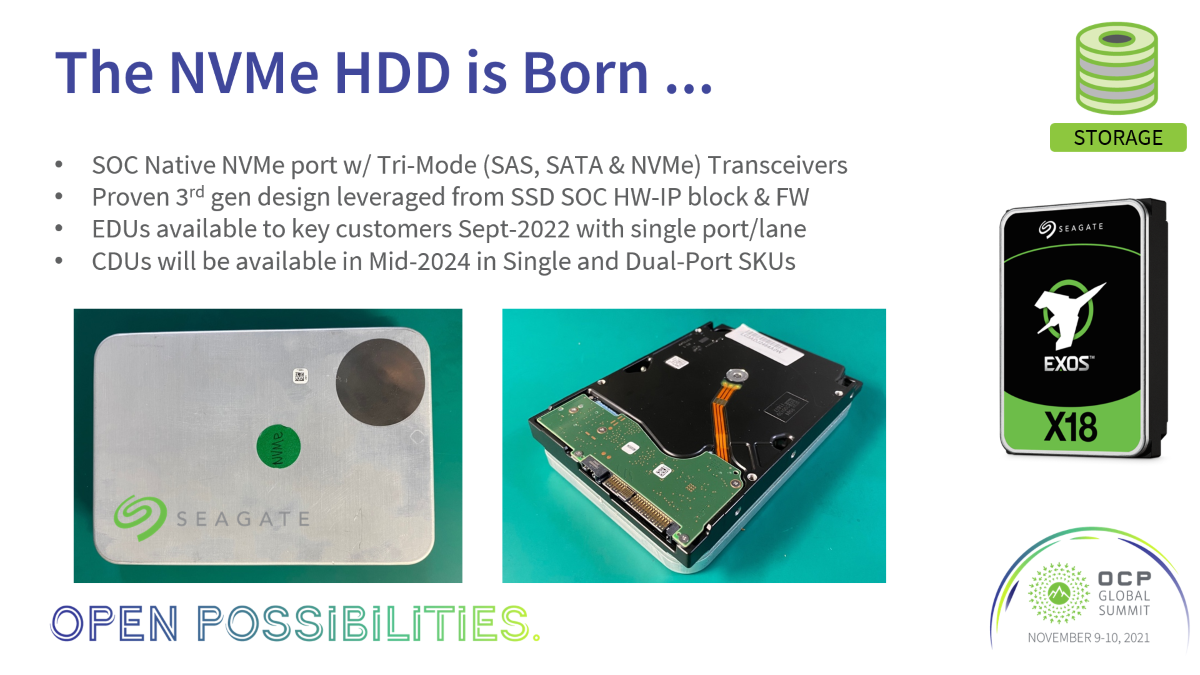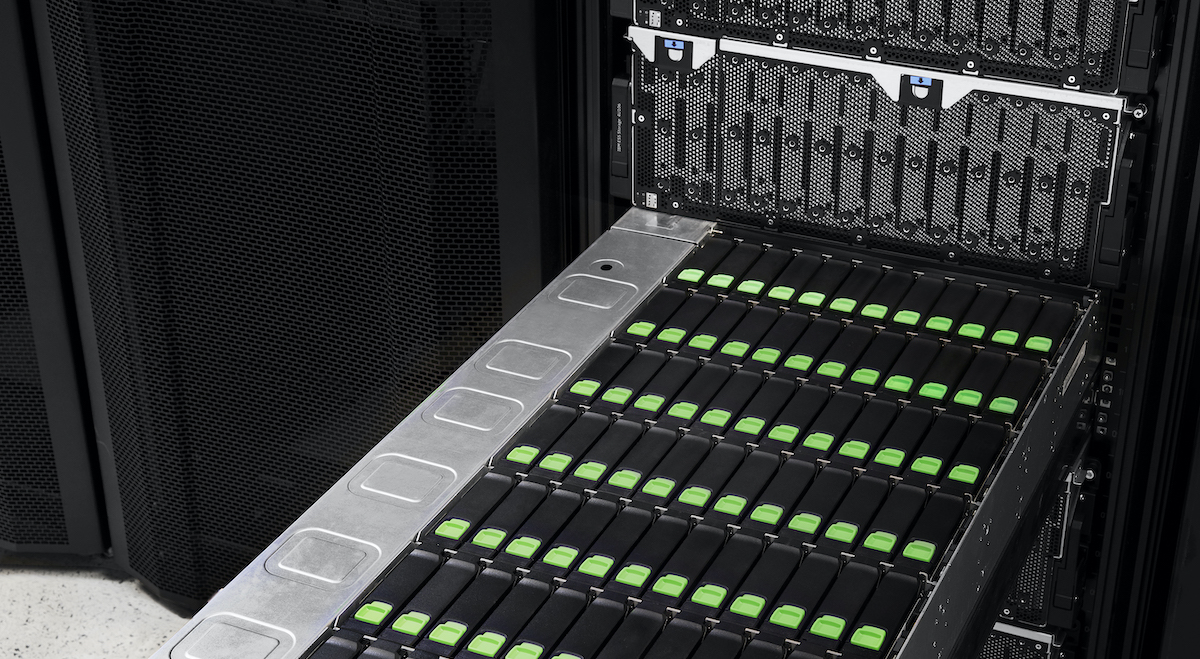Could we really be looking at the limit of the world’s data storage capacity? Even after another 100 or so years of incredible storage advances?
If you’ve read our recent stories exploring how the world of data will look in 2025, you know how explosive the growth of data is and how important it is to plan for it. But it still might be a shock to hear we may eventually run out of digital storage space.
According to scientists at Nanyang Technological University’s School of Computer Science and Engineering, storage could be on the way to becoming the next fossil fuel.
But what if we could store data on atoms?
How could that be? After all, IBM researchers recently showed it’ll be possible to store 1s and 0s on an atom.
But, as reported by The Straits Times, even using every atom on Earth would only provide enough capacity for data to keep growing at its current rate for the next 181 years, then we’d run out of atoms.
In fact, we’ll hit a limit even if scientists find a way to store information on subatomic particles:
“Even the best-case scenario of cramming data into every subatomic particle to its theoretical limit — known as the Bekenstein bound — gives just 345 years to saturation point.”
Considering that even our most trivial digital actions — just typing an email or making a call — use a small amount of data, what does it mean for our future when humanity’s vast IoT reads “out of space,” and even such simple acts of communication would put a strain on our data bandwidth, forcing us to swap or delete other data just to keep the wheels turning? Scary thought…







